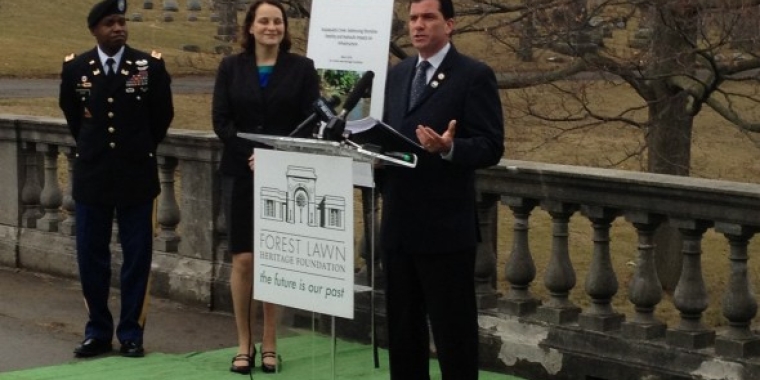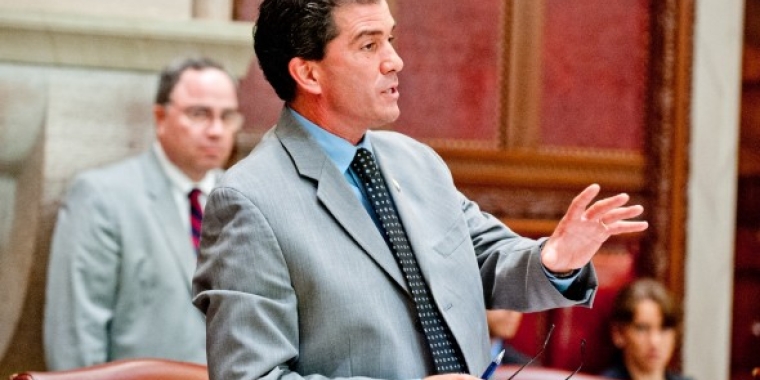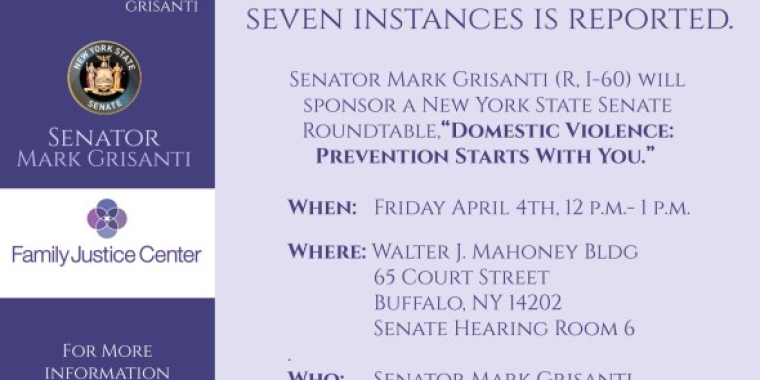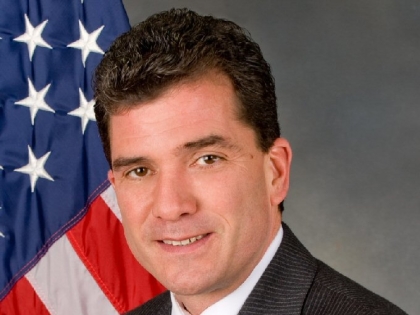
"The Buffalo News" Editorial Board: For UB, once again
Mark Grisanti
March 11, 2011
-
ISSUE:
- Education
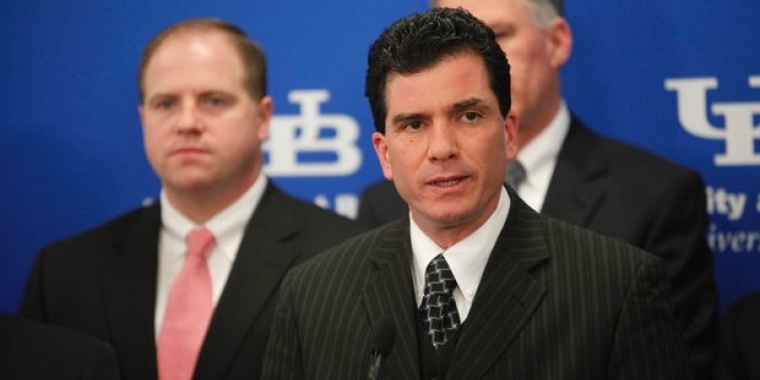
Fifty-five state senators, Republicans and Democrats, stood in solidarity for the University at Buffalo last week, passing a new bill supporting the UB 2020 strategic plan. It's a new momentum for the bill that could bolster all of Western New York. It must not be lost.
The bill was sponsored by freshman Sen. Mark Grisanti, R-Buffalo, and supported by Majority Leader Dean Skelos. It now demands support in the Assembly, especially as it takes out the key opposition argument of affordability in allowing the university to raise its own tuition.
The new bill mandates that between 15 percent and 20 percent of tuition revenue generated by the increases be used to fund scholarships for financially needy students. It also states that families making less than $60,000 a year would see no tuition increase over 2010 tuition levels, impacting about one-third of UB's 19,000 undergraduate students.
With this bill, UB would be able to differentiate tuition based on the programs offered, but there are caps.
It's significant that Gov. Andrew M. Cuomo has made plain his support for UB 2020 many times, and while Assembly Speaker Sheldon Silver's support is important, the key people who need to understand that they cannot come home without getting this bill done are the Assembly members of the Western New York delegation.
Therefore, the onus falls upon John Ceretto, R-Lewiston; Sam Hoyt, D-Buffalo; Crystal Peoples-Stokes, D-Buffalo; Mark Schroeder, D-Buffalo; Dennis Gabryszak, D-Cheektowaga; Robin Schimminger, D-Kenmore; Jim Hayes, R-Amherst; Kevin Smardz, R-Hamburg; Joe Giglio, R-Gowanda; Jane Corwin, R-Clarence; Stephen Hawley, R-Batavia; Daniel Burling, R-Warsaw; and Andrew Goodell, R-Chautauqua County.
Last year, UB 2020 legislation failed because proponents couldn't get Silver or Assembly Committee on Higher Education Chairwoman Deborah J. Glick, D-Manhattan, on board. While the pressure should come from members of the western delegation, UB must work closely with them to make sure these two individuals won't scuttle the bill.
Unlike the measure last year that was part of a larger, SUNY-wide effort, this new legislation would affect only UB and, therefore, makes it more palatable to downstate legislators resistant to a universal bill. It also provides a tremendous benefit to the university, which has seen state funding cut $63 million over the past two years, with $17 million in additional cuts expected this year.
The Senate has delivered; now it's the Assembly's turn. If the region's delegates fail to
bring home UB 2020, they are essentially signing an admission that they have no influence or power, and for a region that has been ravaged by Albany's policies, that's unacceptable.
The benefits that flow from a great public research university create a very strong community, as it has in areas such as Seattle, San Francisco and Boston. For example, the projections for a full build out of the UB 2020 plan would see more than 13,000 new individuals on the Buffalo
Niagara Medical Campus and a nearly $2 billion increase in economic impact from the university.
In addition, it would create thousands of construction jobs and a vibrant academic health center downtown on the campus. This is the type of critical mass we need to stand on our own, and that's the impact that will come from gaining flexibility.
http://www.buffalonews.com/editorial-page/buffalo-news-editorials/article363891.ece
Share this Article or Press Release
Newsroom
Go to Newsroom